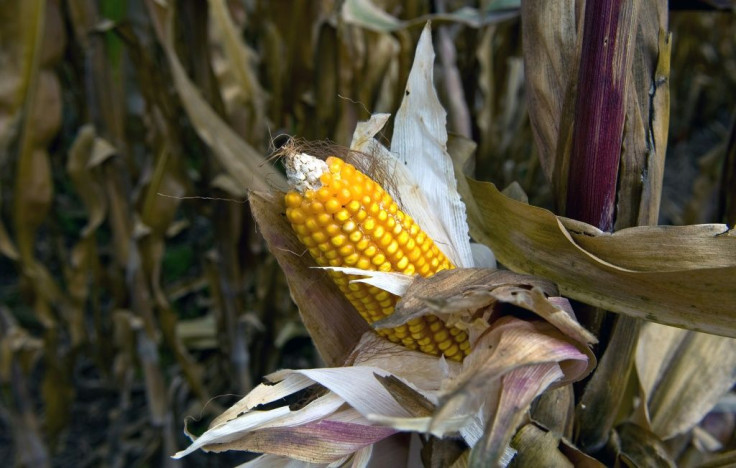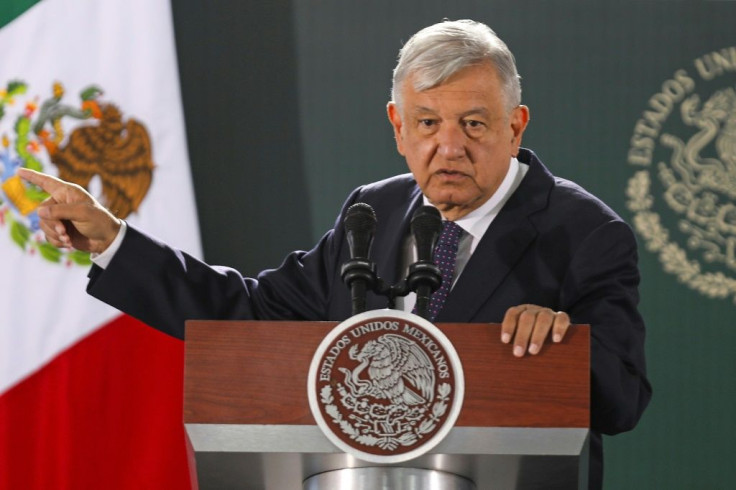Campaigners Hail Mexican Ban On Genetically Modified Corn
Environmental campaigners have welcomed a Mexican ban on growing genetically modified maize and the phasing out of a controversial weedkiller -- a step that has met opposition in the private sector.
Imports of genetically modified maize will also be gradually prohibited over the next three years, along with the use of glyphosate, an herbicide described by the World Health Organization as "probably carcinogenic."
Leftist President Andres Manuel Lopez Obrador's government said the decree, which took effect at the start of this year, aimed to safeguard the country's food sovereignty and protect its cherished native corn.
Maize has occupied a prominent place in the Mexican diet since pre-Hispanic times.
It is consumed daily in tortillas and is an essential ingredient in traditional dishes such as tacos.

Environmental group Greenpeace hailed the Mexican moves as "important steps in the advance towards organic production that preserves biodiversity."
It said that genetically modified corn and glyphosate "have serious repercussions for farmers and indigenous peoples in Mexico."
They also threaten crop diversity that is essential for food production, it warned.
The decree prohibits government agencies from acquiring or using glyphosate in public programs.
It also requires commercial agriculture producers to seek sustainable alternatives.

Glyphosate is the main ingredient in the Roundup weedkiller made by Monsanto, the US agrochemical firm bought by German chemical giant Bayer in 2018.
Monsanto also makes seeds that are genetically modified to tolerate the weedkiller.
Last June, Bayer said it had agreed to pay more than $10 billion to end a wave of lawsuits from Americans who say their cancers were caused by Roundup.
In contrast to environmentalists, the Mexican group Proccyt representing the crop-protection industry called Lopez Obrador's decree a "backward step."
Proccyt warned the move would "affect the entire Mexican countryside and put at risk the stability of prices and the availability of strategic foods such as corn."
It said the ban would hurt Mexican farmers trying to compete with rivals in the United States and elsewhere that use glyphosate.
Food and animal feeds containing genetically modified organisms are controversial because of public concerns that they may carry a health risk.
Greenpeace says that genetically engineered crops promote a chemical-intensive model of farming harmful to people and the environment.
In October, Argentina became the first country to approve the growth and consumption of genetically modified wheat, authorizing a drought-resistant variety of the crop.
© Copyright AFP 2024. All rights reserved.











